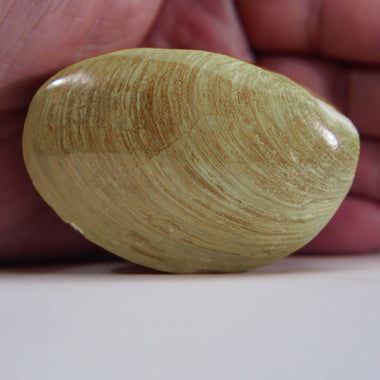
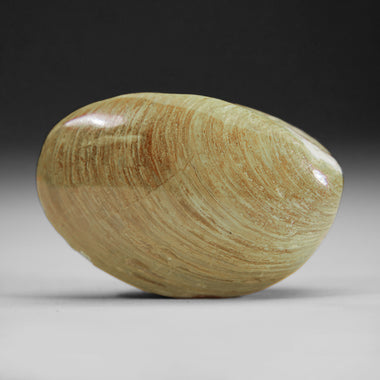
Genuine Fossilized Sea Scallop (220 grams)
Very tactile fossilised clam shell from Sakaraha in the Tulear province, Madagascar. These shells have been polished to give them a lovely smooth t...
View full details
 Save Liquid error (snippets/product-badge line 34): Computation results in '-Infinity'%
Save Liquid error (snippets/product-badge line 34): Computation results in '-Infinity'%
Very tactile fossilised clam shell from Sakaraha in the Tulear province, Madagascar. These shells have been polished to give them a lovely smooth t...
View full details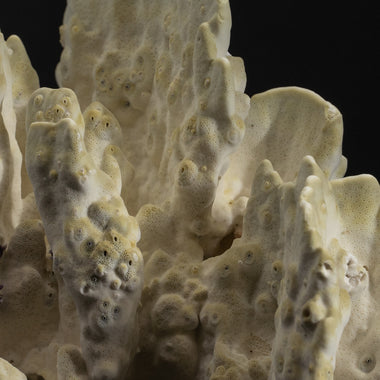
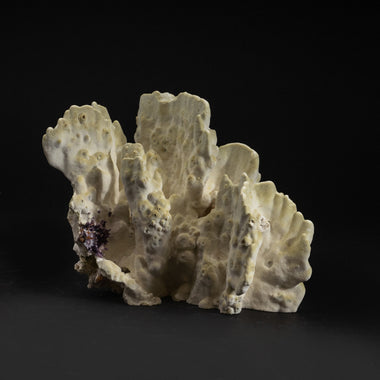 Save Liquid error (snippets/product-badge line 34): Computation results in '-Infinity'%
Save Liquid error (snippets/product-badge line 34): Computation results in '-Infinity'%
Fire corals (Millepora alcicornis) are members of the Cnidaria phylum, and although fire coral looks like coral, it is a member of the class Hydroz...
View full details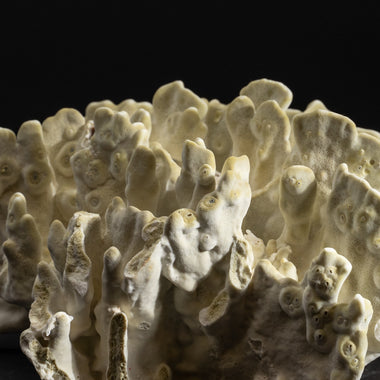
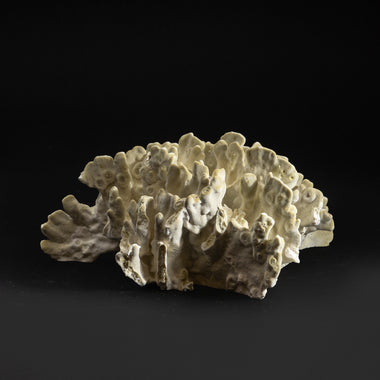 Save Liquid error (snippets/product-badge line 34): Computation results in '-Infinity'%
Save Liquid error (snippets/product-badge line 34): Computation results in '-Infinity'%
Fire corals (Millepora alcicornis) are members of the Cnidaria phylum, and although fire coral looks like coral, it is a member of the class Hydroz...
View full details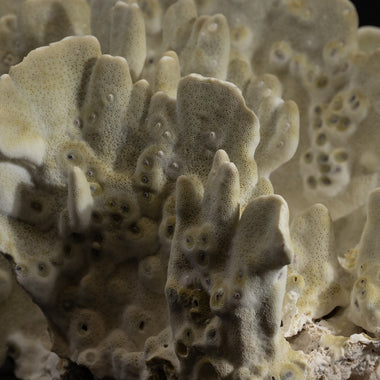
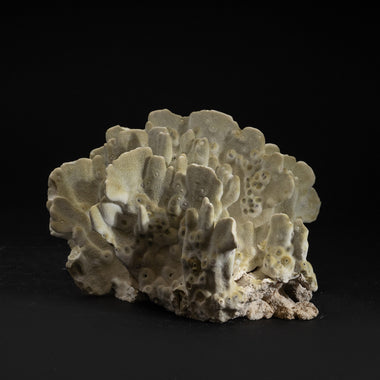 Save Liquid error (snippets/product-badge line 34): Computation results in '-Infinity'%
Save Liquid error (snippets/product-badge line 34): Computation results in '-Infinity'%
Fire corals (Millepora alcicornis) are members of the Cnidaria phylum, and although fire coral looks like coral, it is a member of the class Hydroz...
View full details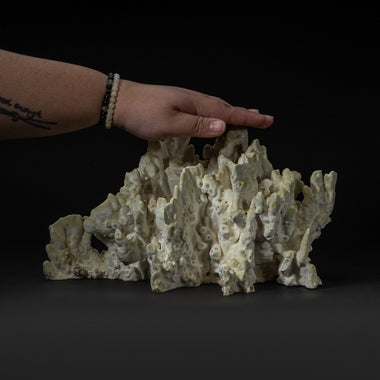
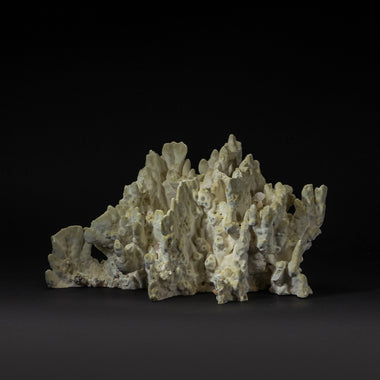 Save Liquid error (snippets/product-badge line 34): Computation results in '-Infinity'%
Save Liquid error (snippets/product-badge line 34): Computation results in '-Infinity'%
Fire corals (Millepora alcicornis) are members of the Cnidaria phylum, and although fire coral looks like coral, it is a member of the class Hydroz...
View full details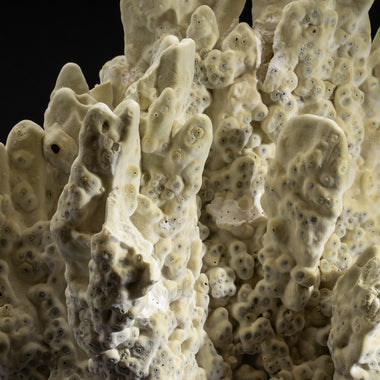
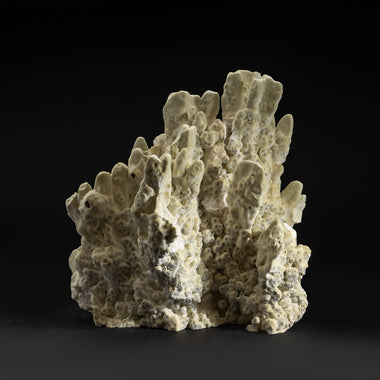 Save Liquid error (snippets/product-badge line 34): Computation results in '-Infinity'%
Save Liquid error (snippets/product-badge line 34): Computation results in '-Infinity'%
Fire corals (Millepora alcicornis) are members of the Cnidaria phylum, and although fire coral looks like coral, it is a member of the class Hydroz...
View full details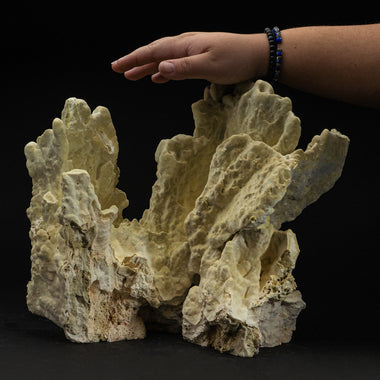
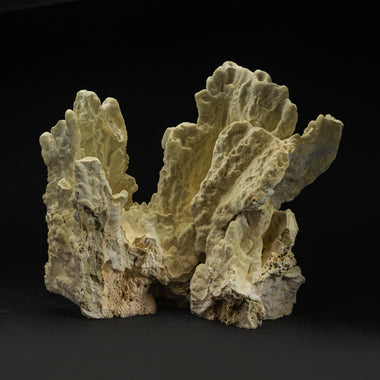 Save Liquid error (snippets/product-badge line 34): Computation results in '-Infinity'%
Save Liquid error (snippets/product-badge line 34): Computation results in '-Infinity'%
Fire corals (Millepora alcicornis) are members of the Cnidaria phylum, and although fire coral looks like coral, it is a member of the class Hydroz...
View full details
 Save Liquid error (snippets/product-badge line 34): Computation results in '-Infinity'%
Save Liquid error (snippets/product-badge line 34): Computation results in '-Infinity'%
Top quality natural flat bladed (laminar) formation of blue ridge coral. Heliopora coerulea is a unique species of coral in the wild and great to u...
View full details
 Save Liquid error (snippets/product-badge line 34): Computation results in '-Infinity'%
Save Liquid error (snippets/product-badge line 34): Computation results in '-Infinity'%
Top quality natural flat bladed (laminar) formation of blue ridge coral. Heliopora coerulea is a unique species of coral in the wild and great to u...
View full details
 Save Liquid error (snippets/product-badge line 34): Computation results in '-Infinity'%
Save Liquid error (snippets/product-badge line 34): Computation results in '-Infinity'%
Top quality natural flat bladed (laminar) formation of blue ridge coral. Heliopora coerulea is a unique species of coral in the wild and great to u...
View full details
 Save Liquid error (snippets/product-badge line 34): Computation results in '-Infinity'%
Save Liquid error (snippets/product-badge line 34): Computation results in '-Infinity'%
Top quality natural flat bladed (laminar) formation of blue ridge coral. Heliopora coerulea is a unique species of coral in the wild and great to u...
View full details
 Save Liquid error (snippets/product-badge line 34): Computation results in '-Infinity'%
Save Liquid error (snippets/product-badge line 34): Computation results in '-Infinity'%
Top quality natural flat bladed (laminar) formation of blue ridge coral. Heliopora coerulea is a unique species of coral in the wild and great to u...
View full details
 Save Liquid error (snippets/product-badge line 34): Computation results in '-Infinity'%
Save Liquid error (snippets/product-badge line 34): Computation results in '-Infinity'%
Top quality natural flat bladed (laminar) formation of blue ridge coral. Heliopora coerulea is a unique species of coral in the wild and great to u...
View full details
 Save Liquid error (snippets/product-badge line 34): Computation results in '-Infinity'%
Save Liquid error (snippets/product-badge line 34): Computation results in '-Infinity'%
Top quality natural flat bladed (laminar) formation of blue ridge coral. Heliopora coerulea is a unique species of coral in the wild and great to u...
View full details
 Save Liquid error (snippets/product-badge line 34): Computation results in '-Infinity'%
Save Liquid error (snippets/product-badge line 34): Computation results in '-Infinity'%
Top quality natural flat bladed (laminar) formation of blue ridge coral. Heliopora coerulea is a unique species of coral in the wild and great to u...
View full details
 Save Liquid error (snippets/product-badge line 34): Computation results in '-Infinity'%
Save Liquid error (snippets/product-badge line 34): Computation results in '-Infinity'%
Top quality natural flat bladed (laminar) formation of blue ridge coral. Heliopora coerulea is a unique species of coral in the wild and great to u...
View full details
 Save Liquid error (snippets/product-badge line 34): Computation results in '-Infinity'%
Save Liquid error (snippets/product-badge line 34): Computation results in '-Infinity'%
Top quality natural flat bladed (laminar) formation of blue ridge coral. Heliopora coerulea is a unique species of coral in the wild and great to u...
View full details
 Save Liquid error (snippets/product-badge line 34): Computation results in '-Infinity'%
Save Liquid error (snippets/product-badge line 34): Computation results in '-Infinity'%
The Red Pipe Organ coral (Tubipora musica) is an alcyonarian coral native to the waters of the Indian Ocean and the central and western regions of ...
View full details
 Save Liquid error (snippets/product-badge line 34): Computation results in '-Infinity'%
Save Liquid error (snippets/product-badge line 34): Computation results in '-Infinity'%
The Red Pipe Organ coral (Tubipora musica) is an alcyonarian coral native to the waters of the Indian Ocean and the central and western regions of ...
View full details
 Save Liquid error (snippets/product-badge line 34): Computation results in '-Infinity'%
Save Liquid error (snippets/product-badge line 34): Computation results in '-Infinity'%
This Incredibly large, stunning cup coral, would be a focal point in any interior. The Scrolling Tubinaria Coral Turbinaria, also known as cup or v...
View full details
